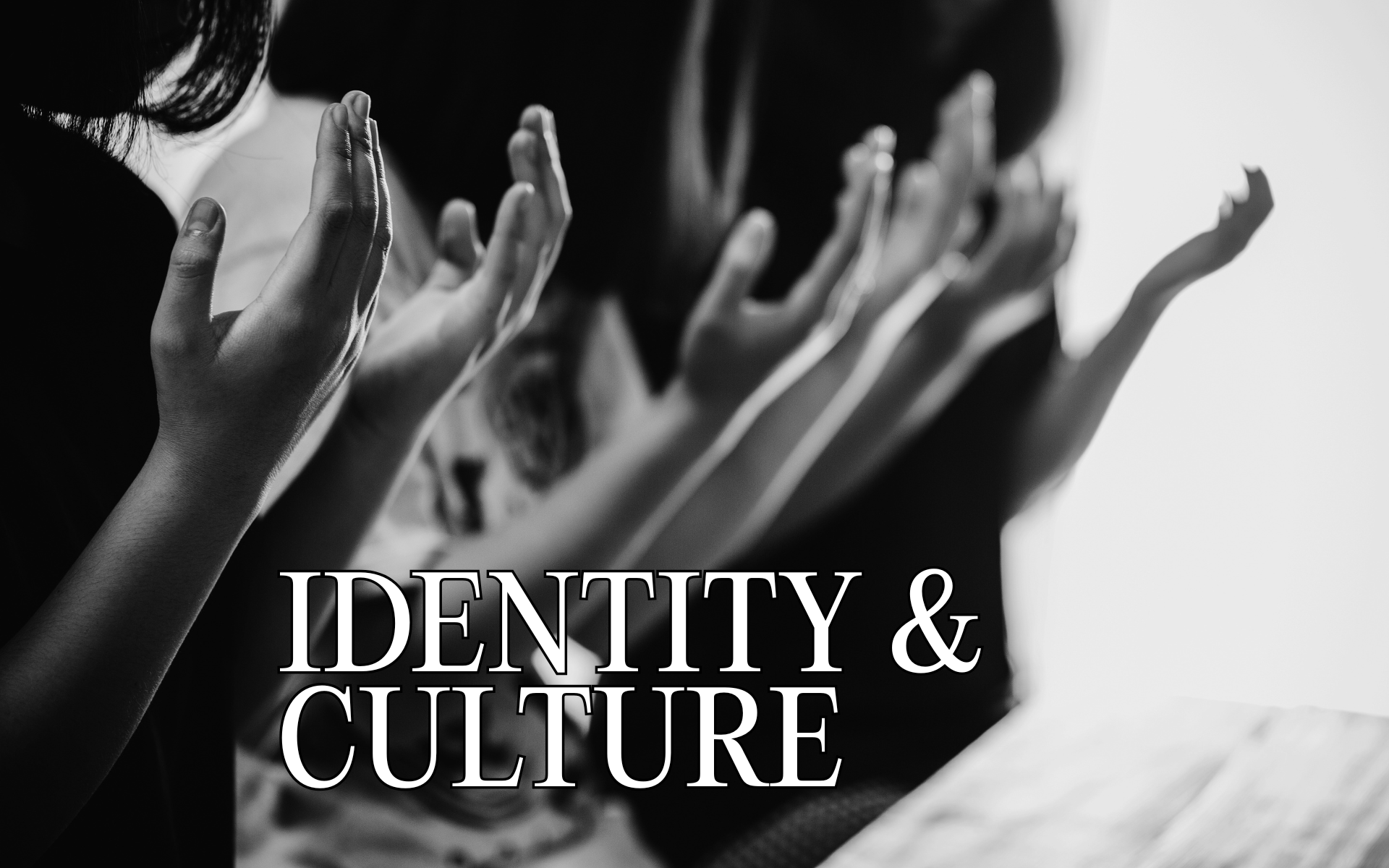Dr. Zargar Eye Care
10% off for treatment and $500 credit for sunglasses/glasses with RF .

Identity & Culture – How Our Cultural Roots Shape Who We Are Cultural identity is the invisible thread that runs through our lives, quietly shaping who we are and how we see the world. It is reflected in our language, traditions, beliefs, and customs—woven from both the past we inherit and the future we create. Alongside it, social identity connects us to the groups and communities we belong to, influencing our perspectives, choices, and sense of belonging. Together, identity and culture form a rich tapestry that defines individuals while linking us to something greater than ourselves. The Foundations of Cultural Identity At its core, cultural identity is about connection—connection to heritage, to history, and to the values that guide us. For some, this connection is rooted in ancestral traditions and ethnic background, while for others, it is found in shared national pride or community rituals. These cultural ties give us a sense of belonging and stability, especially in moments when life feels uncertain. Our cultural roots also shape the way we communicate and express ourselves. From the foods we share at family gatherings to the stories passed down through generations, identity is constantly being expressed in visible and invisible ways. These seemingly small details of daily life often carry the deepest meaning, reminding us of where we come from and grounding us in who we are. Social Identity and Belonging While cultural identity connects us to our heritage, social identity shapes how we see ourselves in relation to others. It reflects the groups we identify with—whether through nationality, religion, profession, or shared interests. These identities influence how we interact, the roles we play, and even how others perceive us. For example, someone may identify as both a student and an artist, or as a parent and a professional. Each layer of social identity interacts with cultural background, creating a unique and dynamic self-image. Recognizing these overlapping identities helps us better understand both ourselves and those around us. Identity, Culture, and Personal Growth Exploring identity and culture is often a journey of self-discovery. Many people seek to understand their cultural and ethnic identity as a way to affirm their place in the world. This process can involve learning more about family history, rediscovering traditional practices, or reconnecting with a language once lost. At the same time, culture influences personal growth by shaping our values and guiding our decisions. The way we view success, relationships, and community often stems from cultural lessons passed down through generations. Recognizing this influence helps us approach personal development with more self-awareness and respect for the cultural contexts that shaped us. Identity in a Globalized World In today’s interconnected world, discussions about identity and culture are more important than ever. Globalization has made cultural exchange easier, but it has also raised questions about how to preserve unique traditions while embracing diversity. For many, balancing national identity with a global outlook is a challenge—and an opportunity. Conversations around cultural identity—whether in essays, articles, or community discussions—encourage empathy and inclusion. By exploring how different cultures shape identity, we gain a deeper appreciation for both what makes us unique and what unites us as human beings. These exchanges build bridges, reduce misunderstandings, and create stronger, more inclusive societies. Celebrating Diversity and Shared Humanity Embracing cultural and social identity in all its forms allows us to celebrate diversity while recognizing our shared humanity. Every person carries a unique story, shaped by their heritage and experiences, yet we are all connected by universal themes: love, resilience, belonging, and growth. When we take time to listen to others’ cultural narratives—whether through art, storytelling, or personal reflection—we expand our perspective and cultivate respect. These stories remind us that identity is not static but constantly evolving, influenced by history, community, and personal choices. Final Thoughts Identity and culture are not just academic concepts; they are lived realities that affect how we see ourselves and how we connect with others. By reflecting on our own identities and respecting the cultural backgrounds of others, we foster understanding in a world that is both diverse and interconnected. Ultimately, celebrating cultural and social identity is about honoring our roots while embracing growth. It is about recognizing the beauty of diversity and the common bonds that hold us together. When we engage with identity and culture thoughtfully, we enrich our lives, strengthen our communities, and create a more compassionate and inclusive world.
Thoughtfully designed products for the discerning reader
Curated book accessories for the discerning reader
Thoughtfully designed products for book lovers
Unique items for the bibliophile in your life
Discover new places with exclusive deals and offers
10% off for treatment and $500 credit for sunglasses/glasses with RF .
At Pettacures , we are a holistic wellness spa dedicated to nurturing your body, mind, and spirit. Our approach to self-care goes beyond the surface — we believe true beauty and well-being come from inner balance and energetic harmony. We specialize in advanced skincare and body treatments designed to rejuvenate your skin and restore your natural glow. Alongside these treatments, we offer Reiki, Quantum Healing, and Holistic Life Coaching to support emotional release, energetic alignment, and personal transformation. Whether you come to relax, heal, or grow, our mission is to create a serene space where you can reconnect with yourself and leave feeling radiant — inside and out.
Applies to moderate and comprehensive cases